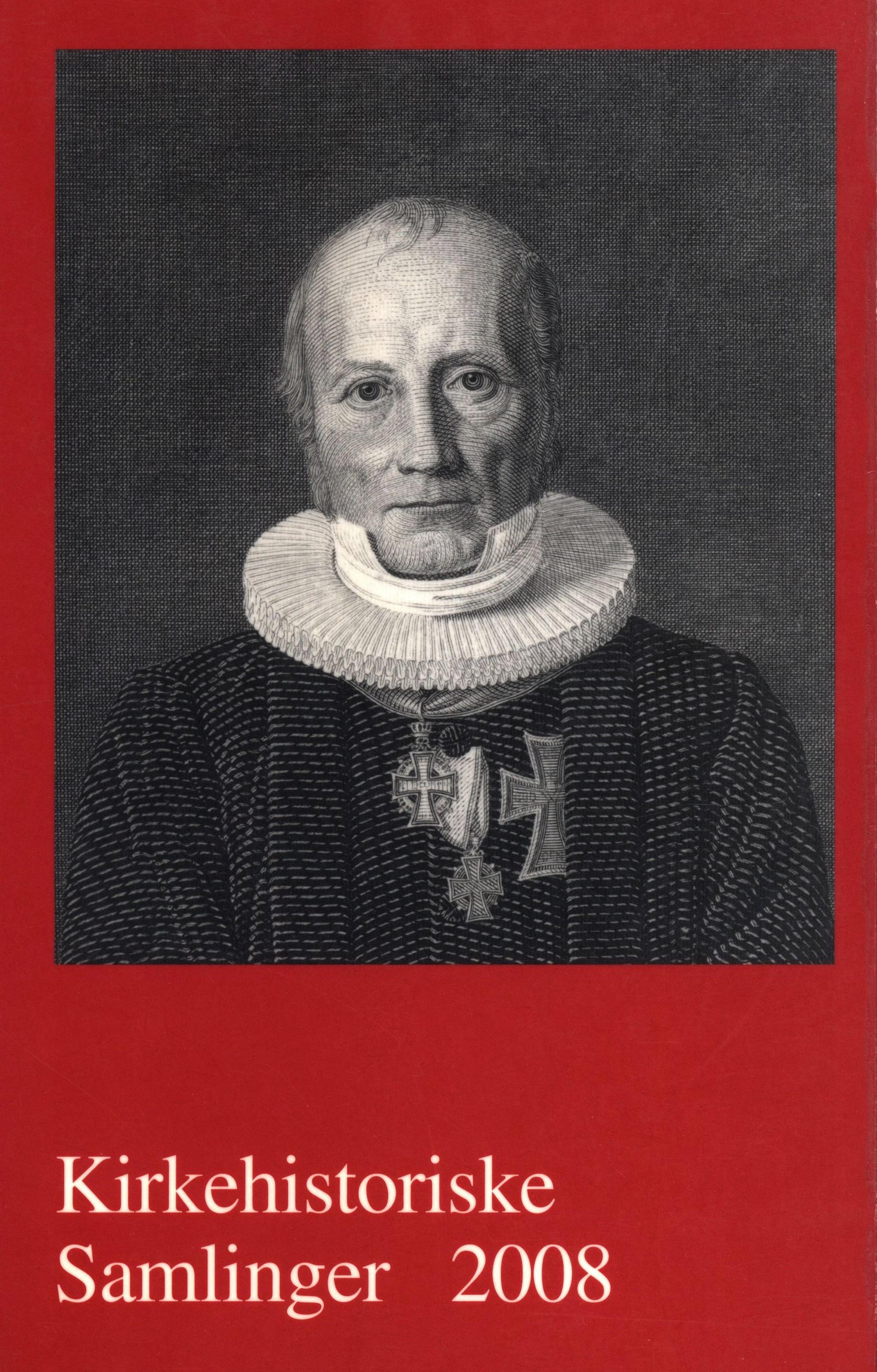Arbejdet: Dets plads i den konservative tankegang i sidste trediedel af 1800-tallet. Biskopperne Martensen og Monrad i debat.
Publiceret 15.12.2008
Citation/Eksport
Copyright (c) 2024 Tidsskriftet Kirkehistoriske Samlinger

Dette værk er under følgende licens Creative Commons Navngivelse – Ingen bearbejdelser (by-nd).
Resumé
This article is concerned with conservative thoughts upon the importance of work and with social questions in late 19th century Denmark. The main focus is the differences of opinion between the bishops H.L. Martensen (1808-1884) and D.G. Monrad (1811-1887) - differences which were publicly expressed. Martensen was a conservative of the old school, deeply worried by the conditions, material and spiritual, of the working classes and consequently urging the state to play a more active part in solving their problems. Politically D.G. Monrad was a National Liberal, defending liberalism and stressing that a good family life may well exist under any social condition. These expressions are seen in the context of a change in the conditions of conservatism, from fighting individualism to fighting collectivism. Both bishops point to the Fall of Man, Gen. 3.19, as the most important background for the understanding of work as a Christian theme. This however does not induce either of them to treat work as a negative concept. On the contrary they both understand work as a constituting part of life, as part of the meaning of being a human. The difference between the two debaters consists in their views of some kinds of manual labour as being devoid of spiritual content and therefore inhuman (Martensen) - contrasting the concept that any kind of work is dignified in itself (Monrad). The difference also consists in their evaluations of social conditions including Martensen’s criticism of capitalism and Monrad’s defence of the idea, that it is not wrong in itself that some people are being rich. The debate takes its point of departure in Martensen’s great work Den christelige Ethik (»On Christian Ethics«) 1871-1878, an outstanding Danish theological work of the 19th Century. This work was also controversial in debating political questions under the point of view of ethics. Part of Monrad’s criticism grows from his disagreeing with an unfortunate mixture of ethics with personal political opinions. This debate is seen in the context of other public expressions about work and the working classes from the broad field which can be termed conservative. Some of these expressions gain a special interest as occurring before socialism made itself known in Denmark in 1871, thus being evidence of an interest in the conditions of the working classes before that date. The article includes the activities of the vicar H.C. Sonne. He followed an English model establishing a society for common purchase for workers in Denmark. When writing about this in 1867 he clearly distanced himself from any kind of Materialism, but emphasized that the material needs of the workers had to be obliged, should their spiritual and moral condition be improved. Both Sonne and Martensen described society from an ethical point of view, but Martensen proved much more direct in his expressions. It may not be surprising but still worth noting, that the family is an important concept to all of the three authors. Themes and problems similar to those debated by Martensen and Monrad frequently occur in the works of later authors, but references to the writings of the two bishops seem scarce.

